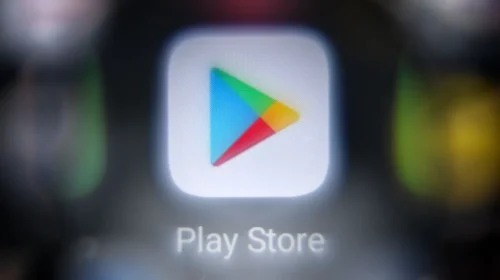The New York Times has filed a copyright infringement lawsuit against technology giants Microsoft and OpenAI, creators of the widely-used Copilot and ChatGPT. The news organization alleges that both companies utilized its content without permission or compensation to train their generative AI tools. Despite objections from The Times, Microsoft and OpenAI reportedly continued this practice, justifying it as “fair use.”
The lawsuit, filed in Manhattan federal court, asserts that Microsoft and OpenAI built their generative AI tools by “copying and using millions of The Times’s copyrighted news articles, in-depth investigations, opinion pieces, reviews, how-to guides, and more.” The legal action claims that the companies, through Copilot and ChatGPT, are attempting to benefit from The Times’s substantial investment in journalism without proper authorization or compensation.
The Times further argues that ChatGPT and Copilot have the capability to “generate output that recites Times content verbatim, closely summarizes it, and mimics its expressive style.” The legal documents highlight the financial gains of both companies attributed to the use of The Times’s content.
The New York Times seeks substantial damages for the alleged copyright infringement, emphasizing the need to hold Microsoft and OpenAI accountable for the unlawful use of its valuable works. This lawsuit follows similar actions by authors, including George RR Martin and John Grisham, who sued OpenAI for using their content without permission to train ChatGPT. The outcome of this legal battle could have significant implications for copyright protection in the rapidly evolving field of AI development.





